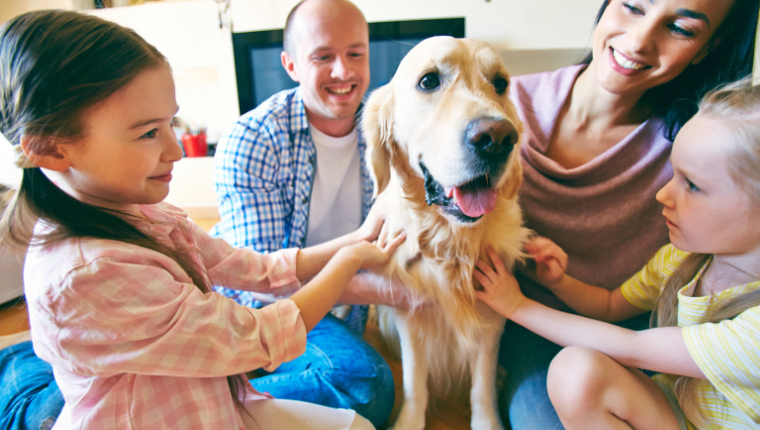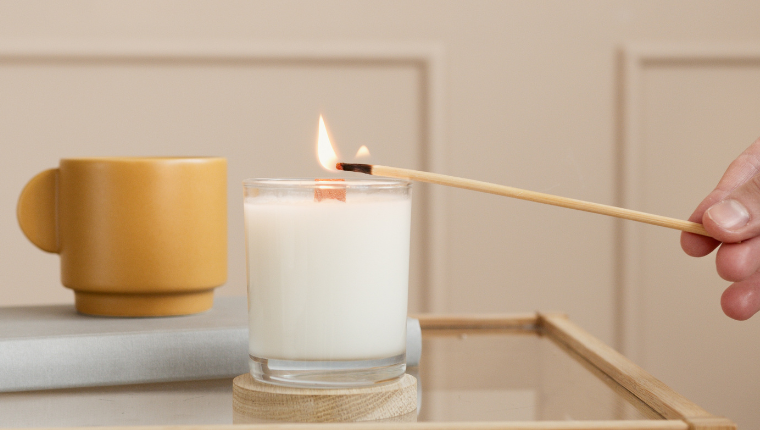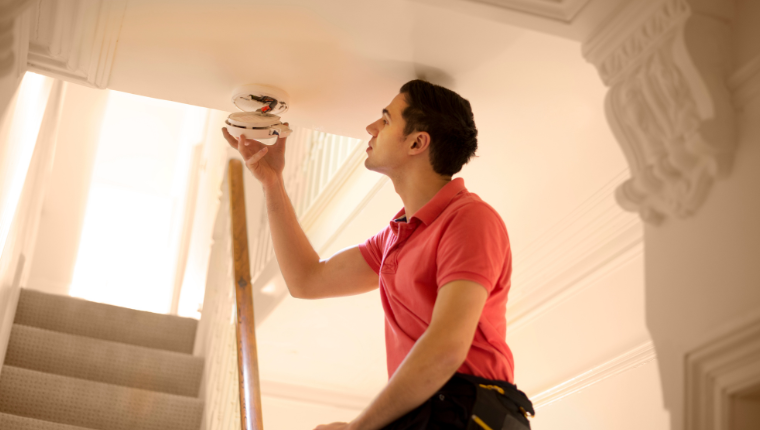Pet Fire Safety Day
June 22, 2022 | by BMI Staff
We perform periodic fire drills in school and have the “Stop, Drop, and Role” mantra memorized, but what is the ideal fire safety plan for the pets in our lives? National Pet Fire Safety Day is dedicated to sparking the conversation and coming up with a safety plan that includes the four-legged members of our families. While it is difficult to plan for every possible disaster that may come our way, it is important to contemplate different escape routes and safety plans for dealing with disasters in the best and most thorough way possible. Take a look at these tips for caring for your pets during a fire.
How To Keep Your Pets Safe From Harm
Install smoke detectors. Regardless of whether you live in a fire-prone area, house fires are not simply caused by the elements. Rather, they can come about in a variety of human-imposed ways. It is important to have smoke detectors in every room of your home and to ensure the batteries always have a charge. You may also take this one step further by installing monitored smoke detectors, which alert first responders when they go off. For your indoor pets, this means they would be protected even when you are not home to notice a fire has caught.
Pet-proof your home. Similar to baby proofing, there are several ways to ensure your home is safe from rowdy pets (and vice versa!). Some common, household fire hazards include candles, fireplaces, wires, incense, and stoves. When using any of these items, make sure to monitor them the entire time.
Be observant of your pet’s behaviors. Is there a particular place within your home that your pet likes to hang out or hide in? Does your pet spook easily to loud sounds (such as the sound a smoke detector or even a frazzled family might make)? Becoming familiar with your pet’s response to anxious situations or simply being aware of where they enjoy spending their time will help to shape your evacuation plan. If you have a particularly anxious pet, make note of what calms and lures them to you. Should you have emergency treats on hand, or perhaps their favorite toy? All of these details may seem small now, but they can greatly reduce your reaction time to potential disasters.
Have your vet’s phone number or emergency animal hospital on hand. Fires come in all shapes and sizes. Even if a fire event is small and localized, it is important for anyone present to get checked out for smoke inhalation and minor injuries. Pets are fur-balls, and some of them are masters at hiding their pain. For these reasons, it can be easy to miss smaller injuries.
We hope these tips assist you in developing a fire safety plan for all of your household pets that is perfectly tailored to their unique personalities! You may also click here for additional fire safety tips from the BMI Team.









